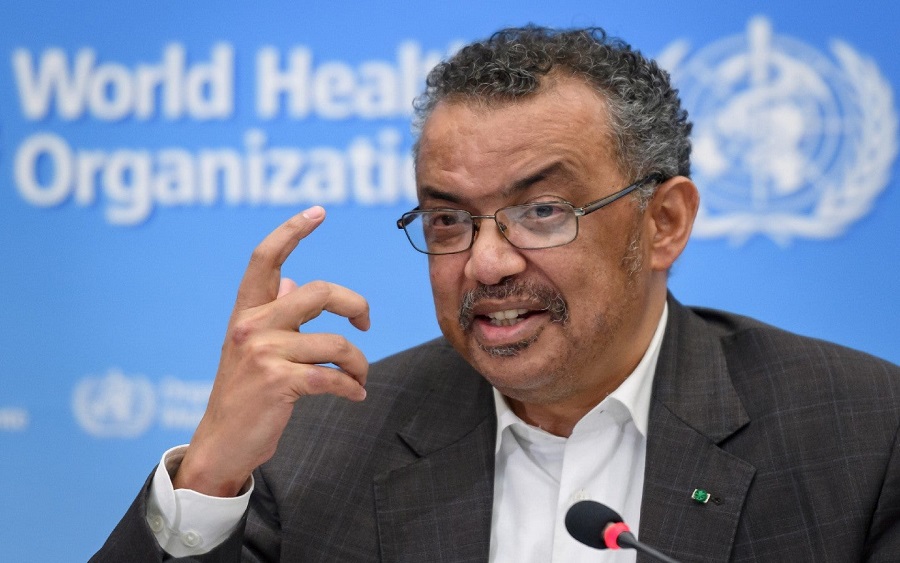The Emergency Committee on COVID-19, which was convened by the World Health Organization’s (WHO) Director General, Tedros Adhanom Ghebreyesus, said the COVID-19 pandemic is expected to have a lengthy duration.
A statement that was issued by the Committee on Saturday, which was seen by Nairametrics, also noted that the committee expects the COVID-19 to remain a public health emergency of international concern in the meantime.
The Executive Committee, which convened under the International Health Regulations (2005), expressed its appreciation to the WHO and its partners on COVID-19 response efforts, whilst stressing the importance of sustained community, national, regional, and global response efforts.
READ MORE: Analysis: Nigeria’s likely cost per treatment for COVID-19
Note that the Executive Committee’s unanimous conclusion that the pandemic still constitutes a public health emergency of international concern (PHEIC), was sent to WHO’s Tedros as a recommendation.
The Committee also advised the WHO to continue to mobilize global and regional multilateral organizations and partners for COVID-19 preparedness and response, in order to support member states in maintaining health services, while accelerating the research and eventual access to diagnostics, therapeutics, and vaccines.
It also recommended a sustained attack on the virus on all fronts, from testing and contact tracing to developing vaccine treatments
READ MORE: COVID-19: WHO warns worst is yet to come as firm charges $2,340 for virus treatment
It urged countries to support these various research efforts, including by funding, and to join in efforts to allow equitable allocation of diagnostics, therapeutics, and vaccines by engaging in the Access to COVID-19 Tools (ACT) Accelerator among other initiatives.
The committee also advised countries to strengthen public health surveillance for case identification and contact tracing, including in low-resource, vulnerable, or high-risk settings and to maintain essential health services with sufficient funding, supplies, and human resources.
Countries were advised to implement proportionate measures and advice on travel, based on risk assessments, and to review these measures regularly.
READ MORE: NDDC Probe: Senate orders IMC to refund N4.9 billion illegal payments
While accepting these recommendations, Tedros confirmed that the pandemic still constitutes a PHEIC. He then issued the Committee’s advice to States Parties as Temporary Recommendations under the IHR.
“The pandemic is a once-in-a-century health crisis, the effects of which will be felt for decades to come,” Dr Tedros told the Committee in his opening remarks on Friday. “Many countries that believed they were past the worst are now grappling with new outbreaks. Some that were less affected in the earliest weeks are now seeing escalating numbers of cases and deaths. And some that had large outbreaks have brought them under control.”
A PHEIC, which is the WHO’s highest level of alarm under IHR, was first declared on January 30th at a time when there were fewer than 100 cases and no deaths outside China.













Pls all our leaders consider will people dat we want to travel out of d country since march2020 and all our documents is ready and we have pay for our flight, visa everything since they nw we are suffering and we have kids and we have sell all our properity even some borrow lapo for us to eat nw is had pls open international airport